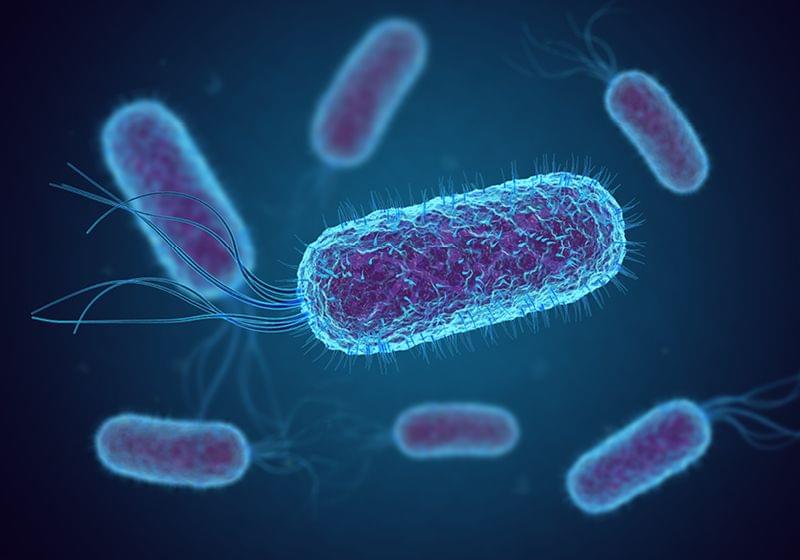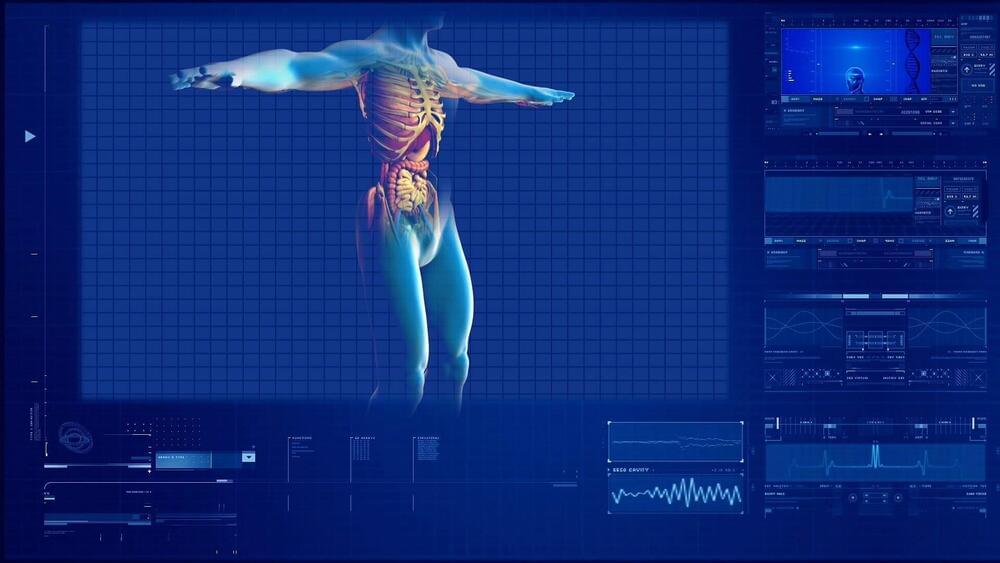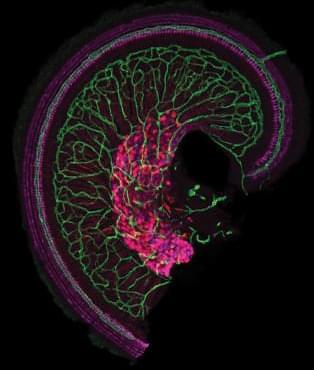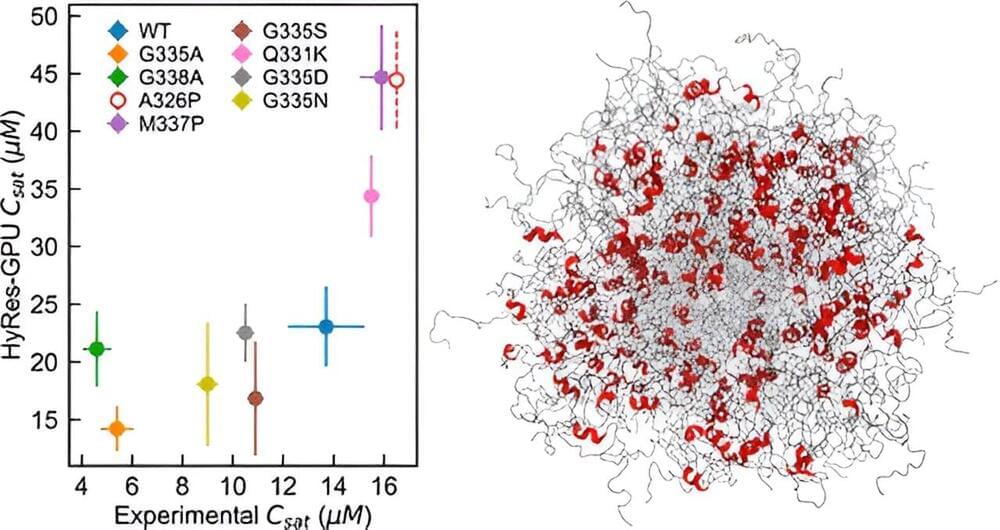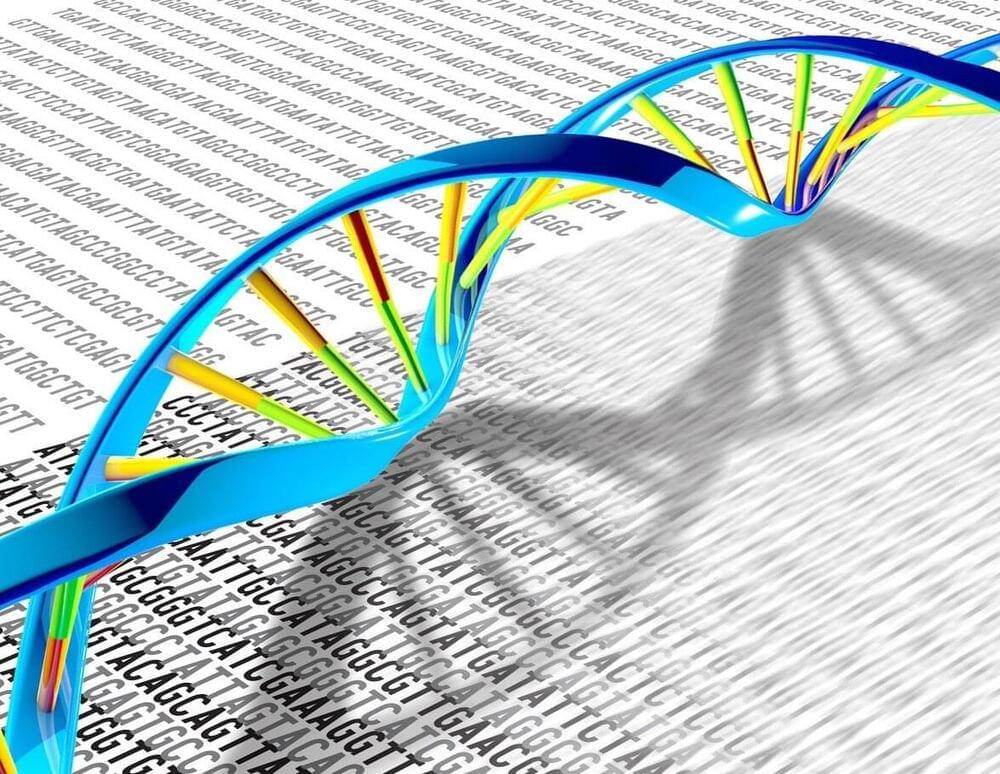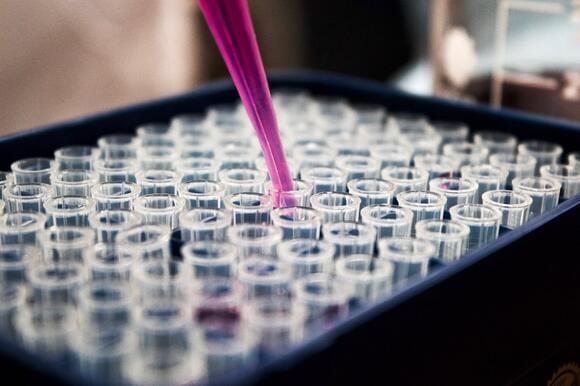Jan 26, 2024
Sick of being sick? As respiratory viruses roar back, experts offer guidance
Posted by Shubham Ghosh Roy in categories: biotech/medical, health
It crept up slowly, almost imperceptibly. A vague rawness at the back of my throat. A thrumming malaise. On Thanksgiving Day, it lunged.
For two weeks, I was in the grip of an unusually malevolent respiratory illness. But I was in good company: Nationwide, the percentage of health care visits for flulike symptoms ticked up above the baseline at the start of November and has remained elevated ever since, according to the Centers for Disease Control and Prevention.
“All the respiratory viruses are back in full force,” Anne Liu, MD, a Stanford Medicine immunologist and infectious disease specialist confirmed. The main reasons, she said, are fairly straightforward: Social distancing and masking are not popular choices in the wake of the pandemic.

